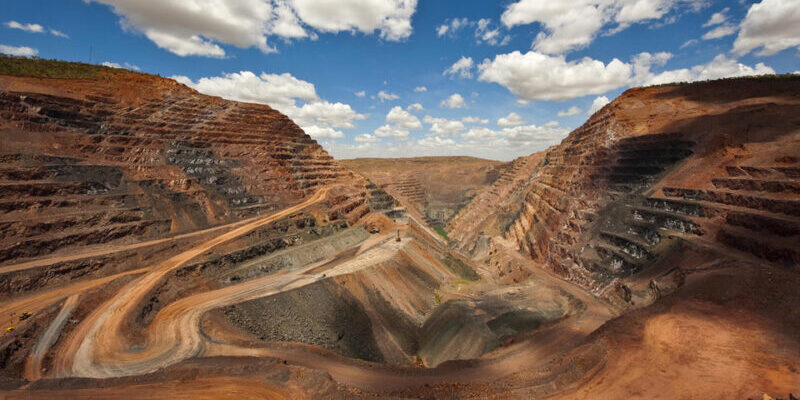
Zimbabwe, located in southern Africa, is a nation rich in mineral resources, making mining one of its key economic drivers.
With a wealth of mineral deposits, including gold, platinum, diamonds, coal, and chrome, Zimbabwe has tremendous potential for growth and development through its mining industry.
In this article, we will explore the advantages of mining in Zimbabwe, highlighting how it can contribute to the country’s economic prosperity, job creation, infrastructure development, and technological advancements.
Economic Growth and Foreign Exchange:
Mining plays a pivotal role in stimulating economic growth in Zimbabwe. The industry’s revenue generation potential is immense, providing a significant contribution to the country’s GDP.
As mining activities expand, the sector attracts foreign direct investment (FDI), which bolsters the economy by bringing in foreign currency.
The influx of foreign exchange strengthens the national currency, stabilizes markets, and enables Zimbabwe to trade on the global stage, further enhancing economic growth.
Job Creation and Poverty Alleviation:
Mining has the power to create numerous employment opportunities, both directly and indirectly, which is crucial in a country striving to reduce unemployment and alleviate poverty.
Mining operations require a diverse range of skilled and unskilled labor, providing jobs to geologists, engineers, miners, technicians, and support staff.
Additionally, the industry fosters the growth of ancillary businesses, such as logistics, transportation, and catering services, generating further employment prospects and income sources for local communities.
Infrastructure Development:
Mining projects often require substantial infrastructure development, including road networks, power plants, water supply systems, and telecommunications.
As mining operations expand, infrastructure investments follow, leading to the development of essential facilities that benefit not only the mining sector but also the broader economy.
Improved infrastructure facilitates efficient transportation, reduces production costs, and enhances connectivity, thereby attracting additional investments and supporting the growth of other industries.
Technological Advancements and Knowledge Transfer:
Mining operations necessitate the adoption of advanced technologies and innovative techniques, driving technological advancements in related fields.
By embracing modern mining practices, Zimbabwe can tap into global expertise and knowledge, leading to the transfer of technology, skills, and best practices.
These transfers can have a ripple effect on other sectors of the economy, enhancing productivity and competitiveness across various industries, ultimately contributing to Zimbabwe’s overall development.
Export Diversification and Trade Balance:
The mining industry offers an opportunity for Zimbabwe to diversify its export base, reducing its reliance on a limited range of commodities.
By extracting and processing various minerals, Zimbabwe can expand its export portfolio, creating a more balanced trade profile.
Diversification reduces vulnerability to fluctuations in commodity prices, enhances export revenues, and strengthens the country’s external trade position.
Mining in Zimbabwe presents numerous advantages that can drive economic growth, create employment opportunities, foster infrastructure development, and promote technological advancements.
It holds the potential to transform the country’s fortunes by attracting foreign investment, generating revenue, and diversifying exports.
However, it is essential to ensure responsible mining practices, environmental sustainability, and equitable distribution of mining benefits to local communities.
By harnessing the advantages of mining while addressing these challenges, Zimbabwe can unlock its true potential and pave the way for a prosperous future.





